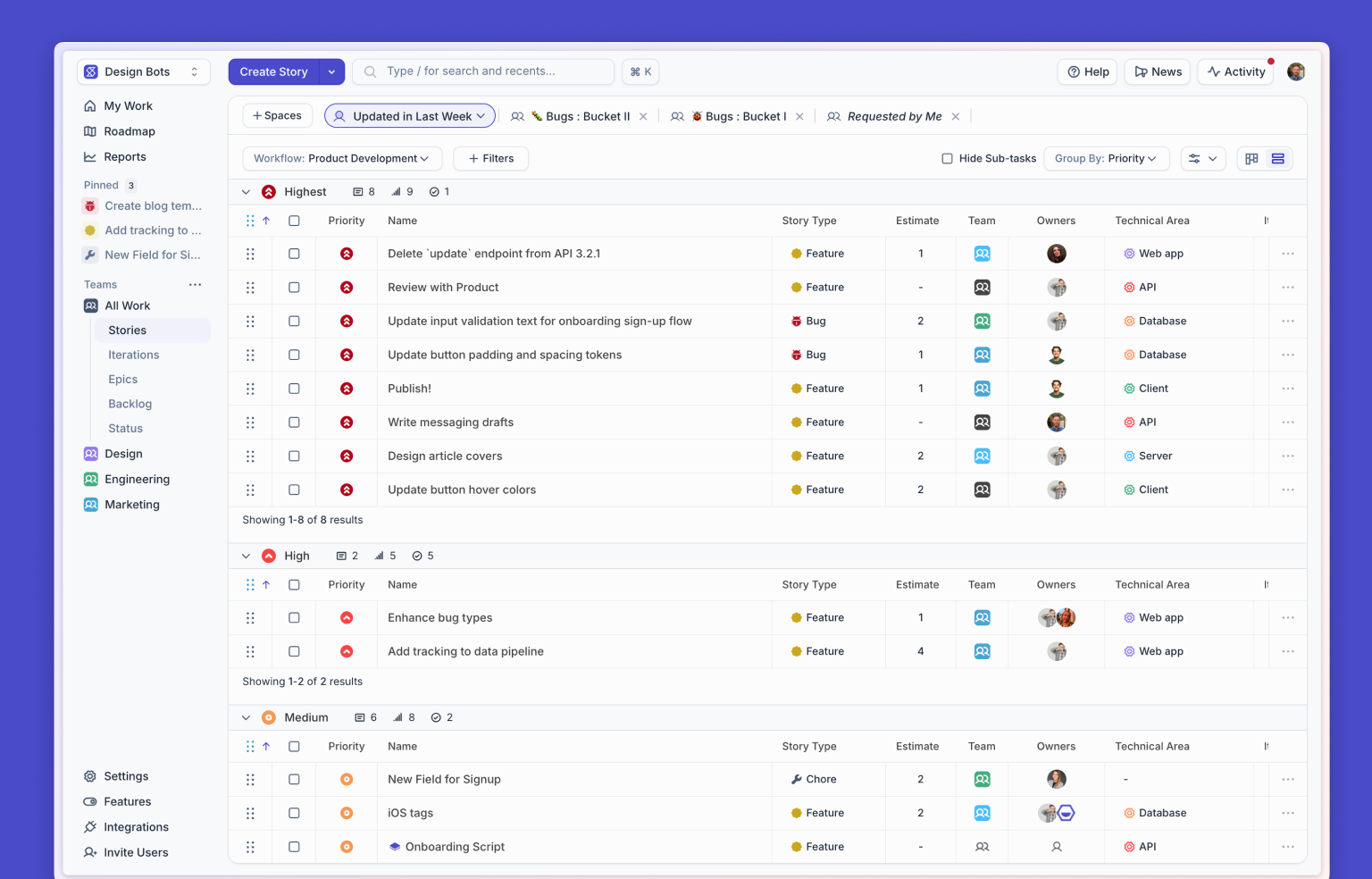My previous article mentioned that visiting a hackerspace a few times a month can create what I described as "play energy." This type of energy is essential for balancing your "work energy", especially if you work remotely and your social interaction with other engineers is limited as a result.
In this article I'll explain how the power of play can help conquer loneliness and create time and memories that last for years, what I've learned about hackerspaces in a few years of short and long-term usage, and how anyone can find or create their own niche at any one of the thousands of these unique establishments that exist. We will also cover, as a bonus, some insider advice for starting or running your own hackerspace.
Author's note: "Hacking" here does not mean illegally accessing a computer system; it means something similar to (but distinct from) "tinkering, stretching the capabilities of systems, experimenting." This is covered in much more detail, here and elsewhere; readers are encouraged to research the rich and storied culture behind this term.
To appreciate the value of a hackerspace, we must first understand the importance of playtime. Playtime, or just "play", is a word typically reserved for children's activities of little consequence.As I've grown into an adult, however, play is the single activity that I find myself unable to do without. The numbers tell me I'm not alone: the average gamer is 34 years old according to the Entertainment Software Association’s most recent statistics.
Of course, video games are not the only way to engage in Play as an adult, but they present an easy enough entry to play that millions of people use them every day to fill their hours. It isn’t just gamers that are thinking about play, either. Post-rationalist philosopher Sarah Perry has examined the nature and necessity of play in great detail, and she discusses this at a high level in her essay titled Hedonic Audit. We will summarize her insights before moving on:
One of the most enjoyable mental states is the process of your brain working on a hard problem. In this state, your brain is too busy to bother you with negative emotions or intrusive, unrelated thoughts. It is focused on some goal, imagining different solutions, running up against constraints, reframing, rearranging, turning things inside out.
Sarah Perry, post-rationalist philosopher and author of "Hedonic Audit"
The best kind of play, like the best kind of work, is a problem-solving space. Visualizing goals, breaking them down, solving them one at a time, and completing a finished product. This description could fit something like completing a series of quests in a video game, or something more complex like developing a multi-layer computer program. Out of history, some proverbs spring to mind: "the satisfaction of a job well done" evokes the process of planning and executing a series of tasks to complete some final goal. "All work and no play makes Jack a dull boy" practically speaks for itself.
But what does any of this have to do with hackerspaces?

There are two things people are always doing at hackerspaces: 1. Building stuff, and 2. Fixing stuff. Guess what? Building and fixing things unlocks unrivaled positive emotions, psychologist Barbara Fredrickson argues in American Psychology. Those emotions, she posits, precipitate more frequent and more enjoyable cycles of problem-solving. A positive feedback loop of positive agency. Adults and children both crave to play and benefit significantly from a healthy amount of daily playtime. Children learn about the world and each other while playing, and adults can use the Play Mindset to access a powerful psychological toolset for keeping problem-solving interesting.
Don’t take my word for it. Read what members of my local hackerspace, Bloominglabs, have to say:
- "I know how to use tools now, which is very cool! [Hanging out at a hackerspace] is like having a big extended family of mentors. We built a trebuchet!"
- “I like to have friends, and a space outside the home to work on and show off projects. It is encouraging to work on things to have people to show and to ask for assistance.”
- "2 of my last 3 jobs (both of which are my favorite employment experiences) are because of another member. It's probable that being a member assisted with acquiring the 3rd job. Since joining, I have learned how to solder (properly), weld and other metal working techniques, laser cut, 3d print, sew… the list goes on. It gives me a place to go and work on projects, nerd out with other people, or just get away."
- “I can work with metal. Lathe, mill, welding, cutting (torch, plasma). I also have a bunch of other fabricators I can ask for ideas or assistance when learning something new.” [Interviewee, at this point, returned to repairing his carbon-fiber anti-torque propeller blade.]
- I was pushing 40 (oh no, midlife crisis), work was unfulfilling at best, I was pretty unhappy and generally not great to be around. I went to a meeting at Max's pizza [about this hackerspace thing], and that's where it all started. Now every week I looked forward to Wednesday nights and seeing what would be going down at the hackerspace. There were always pretty interesting conversations but, in time, projects took shape. We held several free workshops including a soldering workshop with the great Mitch Altman attended by a full house of locals eager to melt some metal. I was so thrilled, it didn't matter anymore that my job was [unfulfilling]. I would find great joy just re-wiring and re-programming toys to do things they were never meant to do. It was possibly the best, least destructive mid-life crisis ever. It was even a way to bond with [my daughter] and be a good Dad, too. I will always be happy to have been a part of Bloominglabs.
I like to have friends, and a space outside the home to work on and show off projects. It is encouraging to work on things to have people to show and to ask for assistance.
Member of Bloomington, IN hackerspace, Bloominglabs
It’s no wonder these spaces are cropping up everywhere these days. The recent dramatic growth in the tech industry has precipitated huge communities of makers, tinkerers, experimenters, and the like, and out of those networks has sprung these nexuses of talented people, illuminating activities, and feats of engineering.

Hackerspaces, in my experience, run the gamut from tricked-out garage to fully-fledged burgeoning, autonomous technology hub. I frequented Noisebridge during my years in San Francisco, where bookshelves of precariously stacked tomes hoard the forgotten wisdom of the very first pioneers of computation, cybernetics, and technics, alongside refurbished and remixed robots, arcade machines, elaborately sparkling furniture, and twenty-thousand-dollar prototypes of secret and dubiously legal hardware.
The funny part is that most other hackerspaces seem to have all that stuff, too, in greater and lesser degrees. Bloominglabs fits the same description to a T. Its prototypes may cost hundreds of dollars rather than tens of thousands of dollars, but the atmosphere, the energy in the wild and eager eyes of the membership, and the welcomeness are practically identical. Both locations - owned by a collective of nonprofit organizations - bear the same fundamental philosophy: "Be excellent to each other". You can find the exact same excellence at the biggest most famous hackerspace as you can find at any old place down the road. Montreal boasts a number of its own spaces, and of the handful I visited, each - although unique, and specialized towards one or another domain - still shone with that same spark of ingenious creative fire.
By now, I'd be surprised if you weren't itching to find your own local hackerspace and tear it up with a close-knit cadre of your future friends. Members are in these spaces to work on their passion projects, it's true, but everyone is always happy to greet a new face and give them the tour of the premises - this is another cultural constant I have observed across the continent. Everyone's so friendly and helpful. You can really walk up and talk to just about anyone, given they aren't operating dangerous machinery (and even then…). If you're now sold on finding one, it's easy. Head over to the Hackerspaces Wiki and search for a space nearby, or do a web search for "[your town] hackerspace." There may be several - try them all until one feels right.
What if there isn't one nearby? Well, you're in luck, because you might get to start your own. And how rare an opportunity that is.
Starting your own space is no easy task, and it definitely isn't for everybody. You kind of need to be a little wacky even to think it's a good idea, something worth the trouble. Bloominglabs, it is said, began in a basement and operated clandestinely for years before making its first move to an industrial park warehouse as a bona fide corporation.

There are truckloads of fantastic resources on the theory and practice of running a hackerspace, and there's plenty more stuff to read than what's on the official wiki. (Not that there's an officiating party; it's merely the largest and most populated wiki. Very few hackerspace-related operations can be described as "official.") There is also this fantastic guide: How to Start a Hackerspace, by Eric Michaud. We’re knee deep in wisdom here!
As far as running a space goes, I've only been a board member at B.Labs for a little while, so I can't speak to the more delicate intricacies of community-based operation, but the impression so far has been strongly positive. Bright minds get involved in important decisions to reach consensus. But also, the board of the space has taken action to reduce time spent on trivial matters in order to keep the do-ocracy nimble. A balance between these two energies is ideal for a nonprofit collective. Other hackerspaces, with different ownership models, may find greater success with separate strategies attuned to their particular organization chart.
However, the most valuable thing that I've found that someone can do for their hackerspace is run events that engage the broader community. We just started a board game night that drew in tons of outside traffic and earned us a few new memberships. It's not, strictly speaking, a fabrication, a hack or an educational workshop, which the popular conception of a hackerspace might expect. But, as a member, you don't need to constrain your space to those kinds of events. Hackerspaces aren't only places to build and learn and teach, they’re also essential neighborhood hubs of merrymaking - and memory-making. If your local space needs new members, I encourage you to add just one word to the hacker’s motto of “learn, build, teach” - the word “play”.
Of course, my time is limited, and I only have this one body, so I can't visit every hackerspace in the world - they keep popping up faster than I can get through them. But each new hackerspace seems to somehow tap into the same fundamental source of friendliness and discovery no matter where they are on the globe. In a way, they're all alike, yet, each one is irreplaceable.
If you're a member of a hackerspace, please share in the comments below what it is your space does best, or advice that you have for current or aspiring members of the hacking community. Feel free to ask any burning questions you may have, as well. And if you're not a member of a hackerspace yet, by golly, go out and join one! It may be the best decision you ever make.

















%20(788%20x%20492%20px)%20(1).png)
.png)

